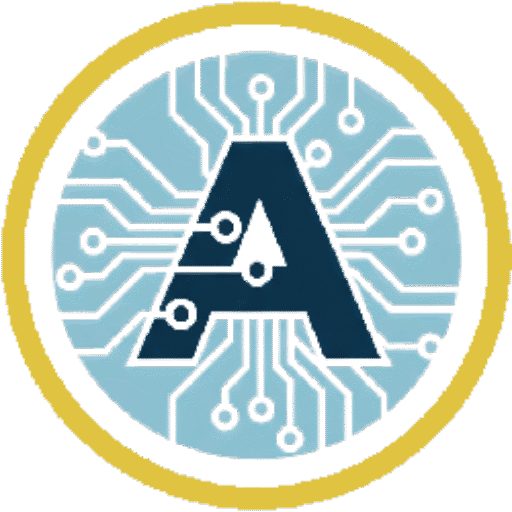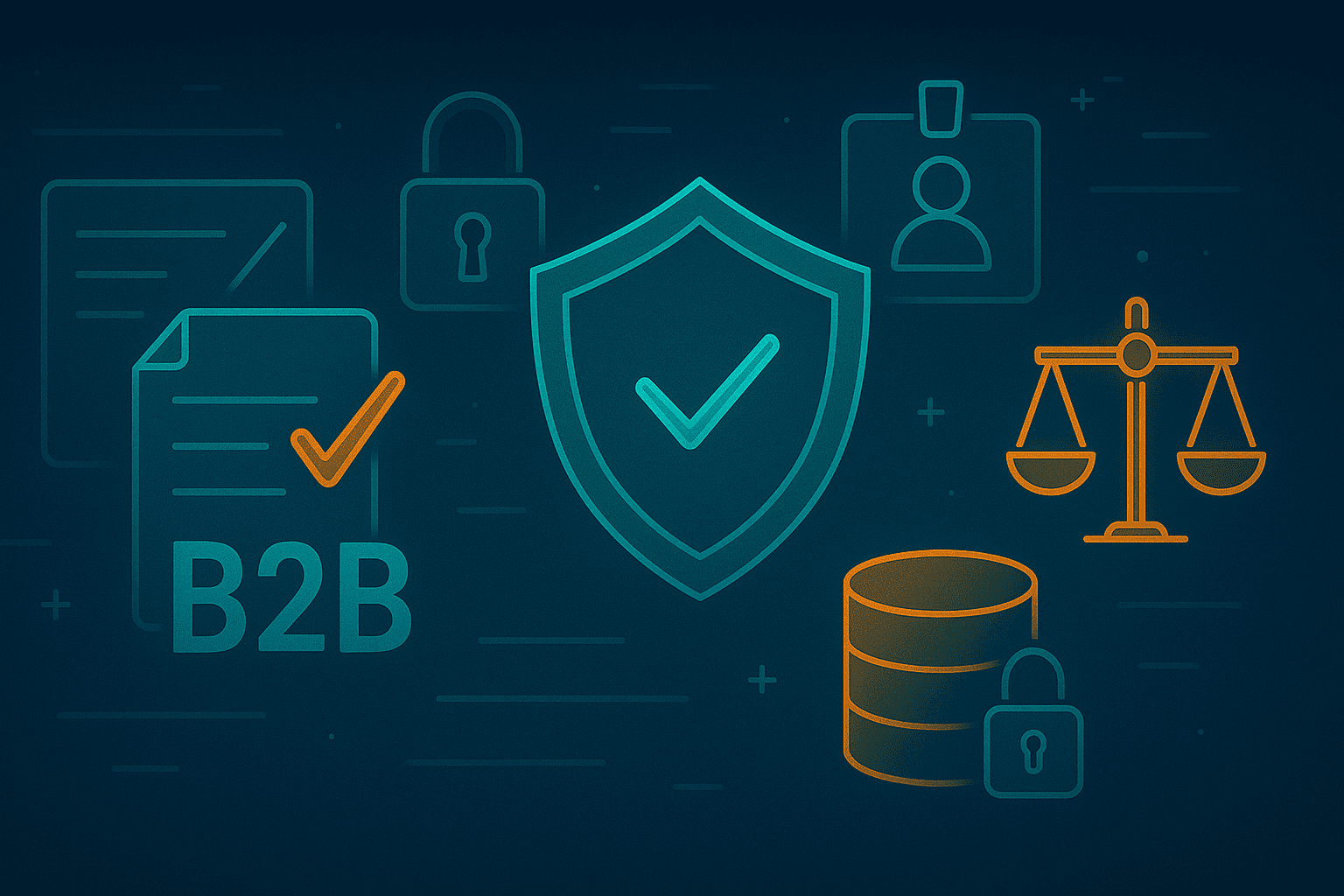B2B SaaS compliance requirements are the mandatory security, privacy, and regulatory standards that software vendors must meet to operate legally and securely within specific markets and industries. Unlike consumer software, B2B SaaS solutions handle vast amounts of sensitive business data, making adherence to these frameworks non-negotiable for securing enterprise contracts and building customer trust. For the modern enterprise, the vendor’s ability to maintain high compliance certifications is often a primary differentiator.
1. Foundational Security & Trust Frameworks
These frameworks are foundational to establishing security controls and are often the first audit requirements a B2B SaaS vendor must achieve to enter the enterprise market.
SOC 2 (Service Organization Control 2)
SOC 2 is an auditing procedure developed by the American Institute of CPAs (AICPA). It is arguably the most common and critical compliance requirement for SaaS vendors. It is not a regulation but a report on a service organization’s controls relevant to security, availability, processing integrity, confidentiality, and privacy.
- Purpose: To demonstrate to enterprise clients that the vendor has established and maintains high-security controls over customer data.
- Key Trust Services Criteria (TSC): An audit can focus on any of the five TSCs, but the Security criteria (often called the “Common Criteria”) is mandatory.
- Types of Reports:
- Type 1: Report on the design of the controls at a specific point in time.
- Type 2: Report on the operational effectiveness of those controls over a period of time (typically 6-12 months), making it the more rigorous and valued report.
ISO 27001 (Information Security Management System)
ISO 27001 is a globally recognized international standard for managing information security. It outlines the requirements for establishing, implementing, maintaining, and continually improving an Information Security Management System (ISMS).
- Purpose: To provide a comprehensive, risk-based approach to managing and protecting information assets.
- Scope: Unlike SOC 2 which is a report on controls, ISO 27001 is a formal, certifiable standard, meaning a company achieves certification from an accredited third party.
2. Global Data Privacy Regulations
As B2B SaaS platforms operate globally, vendors must adhere to strict geographic regulations governing how personal data is collected, processed, and stored.
GDPR (General Data Protection Regulation)
GDPR is a robust and far-reaching regulation that applies to any company handling the personal data of individuals residing in the European Union (EU) or European Economic Area (EEA), regardless of the company’s location.
- Key Principles: Requires explicit consent for data processing, outlines the “Right to be Forgotten,” and mandates specific data protection measures.
- Impact on SaaS: Vendors must ensure their data processing agreements (DPAs) are compliant, implement strong data encryption, and define procedures for data subject access requests.
CCPA/CPRA (California Consumer Privacy Act / California Privacy Rights Act)
These are state-level regulations in the United States that grant California consumers significant rights over their personal information.
- Focus: Similar to GDPR, they grant consumers the right to know what data is collected about them and the right to opt out of the sale or sharing of that information.
- Relevance: B2B SaaS compliance requirements in the U.S. often involve compliance with these state laws, which are increasingly setting the standard for the rest of the country.
3. Industry-Specific Compliance
Certain industries are subject to regulatory bodies that enforce specialized, mandatory compliance requirements due to the highly sensitive nature of the data they handle.
HIPAA (Health Insurance Portability and Accountability Act)
HIPAA is the primary U.S. law protecting the privacy and security of medical information.
- Applicability: Essential for any SaaS vendor that stores, processes, or transmits Protected Health Information (PHI) on behalf of healthcare clients (e.g., electronic health record systems, telemedicine platforms). Such vendors are known as Business Associates (BAs).
- Requirement: Requires a signed Business Associate Agreement (BAA) with the healthcare entity, demonstrating the vendor’s commitment to implementing specific security and privacy safeguards.
PCI DSS (Payment Card Industry Data Security Standard)
PCI DSS is a set of security standards designed to ensure that all companies that accept, process, store, or transmit credit card information maintain a secure environment.
- Applicability: Required for any SaaS vendor handling payment data (e.g., e-commerce platforms, payment gateways, or financial accounting tools) to prevent data breaches and fraud.
The Business Value of Compliance
While achieving B2B SaaS compliance requirements can be resource-intensive, the investment offers significant business returns. Compliance transforms security from a mere technical burden into a competitive advantage. By achieving and publicly maintaining certifications like SOC 2 and ISO 27001, vendors drastically reduce friction in the sales cycle, enabling faster closure of large enterprise deals that rely heavily on trust. Compliance is, therefore, not just an operational necessity but a key driver of enterprise growth and market differentiation.

